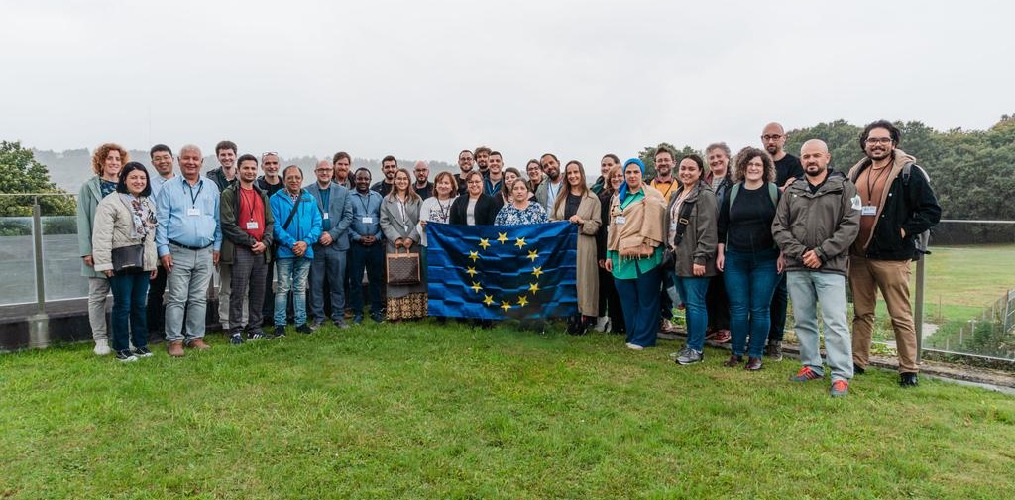
The European research project SUS-SOIL, promoting sustainable soil and subsoil health, held its kick-off meeting in Lugo, Spain, on 2nd October 2024. Funded by Horizon Europe with a budget of nearly 6 million euros, it aims to raise awareness about soil health’s role in tackling climate change, over its four years of activity.
Coordinated by the University of Santiago de Compostela (USC), the project has brought together a consortium of 22 organisations, including universities, research institutions, technical entities, foundations, companies, and public bodies from 13 countries.
SUS-SOIL, which stands for “Sustainable Soil and Subsoil Health Promotion”, will focus on implementing agro-ecological land-use and management practices to enhance ecosystem services in both rural and urban environments. The project will cover eight biogeographic regions with 15 Subsoil Living Labs across Europe and North Africa.
The three-day kick-off meeting, hosted at the USC’s Lugo Campus, saw nearly 50 participants from over ten countries come together to discuss the goals and strategies for the first months of activities (LifeWatch ERIC was represented there by Xavier Rotllan-Puig, Data Management Specialist). A field visit to Millo e Landras, an organic farm in Galicia, had the attendees engaged in hands-on soil sampling to learn about sustainable farming practices.
SUS-SOIL will not only contribute through research, but also engage with land managers and public authorities. By promoting sustainable subsoil management, it aims to address issues such as water security, ecosystem service delivery, and climate change mitigation in Europe.
The project’s progress, updates will be shared on their official website and social media channels: for more information, visit sus-soil.eu.